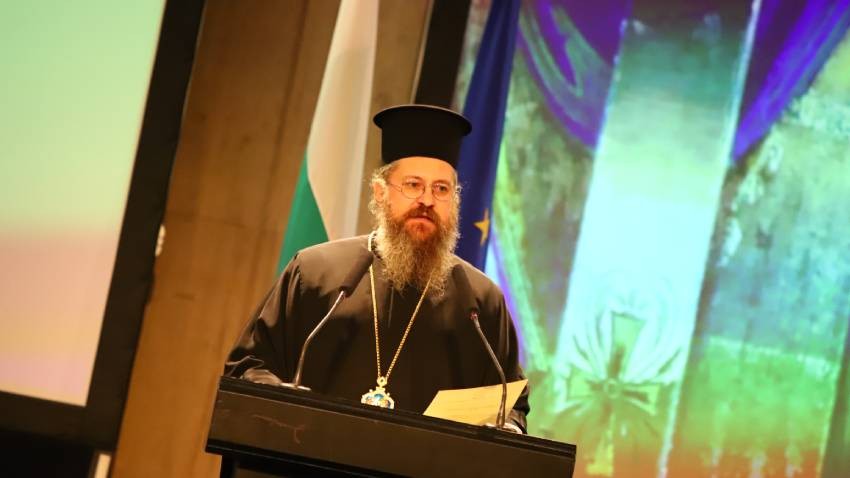


The National History Museum celebrates the 130th anniversary of the birth of Tsar Boris III with the exhibition "Tsar Boris III. Personality and Statesman" . It will be opened today in the central lobby of the museum. The exhibition will present, in..
26 years ago, on 30 September, at the initiative of the Bulgarian Orthodox Church (BOC), a Pan-Orthodox Council was convened in Sofia to resolve the schism within the Bulgarian clergy . Then, despite the efforts of Patriarch Bartholomew of Istanbul to..
The head of a statue has been unearthed during excavations in the great canal of the ancient city of Heraclea Sintica located in Southwestern Bulgaria, close to the town of Petrich. The head longs to the statue that was discovered a few days ago..

+359 2 9336 661
